QuestionMy regular vet is away until late this week. Over the holidays on 12/28, we saw an out of town vet due to my dear almost 14 year old dog's cough. He did not have time to do an x-ray on Boaz, but heard some "possible" fluid in her lungs. He checked in mouth/throat for obstructions and did not see or feel anything in particular, but noted her numerous lipomas and masses elsewhere. He said she had possibel trachea/larynx collapse of walls due to aging. Decided to treat with 200mg lasix/day as well as anti-biotics and cough (dex). Seeing my regular vet's fill-in guy upon returning home 1/2/08, x-ray showed only slightly enlarged heart and generally clear lungs. After CBC blood panel showed kiney levels topping out the high range of normal, and no bacterial infections, he then took her off the cough-dex and anti-biotics and added 2 pills/day enalapril. The sporatic coughing has not changed in the time of treatment. It seems to be soothed with deep massage of throat and occurs less frequently when she lays upright rather than on her side. She has water available at all times and this morning drank about a quart in one session. Since being on the pills, she has lost all appetite and had diarrhea and appeared lethargic (she normally is a binge eater and will consume anything in sight). Because of this I spoke with the fill-in vet yesterday and did not dose her in the morning at all, and she "seemed" to feel better and did eat her evening meal without any hesitation. I dosed her 1/2 doses of lasix and enalapril after her evening feeding and now the diarrhea is back and she has no interest in her breakfast, neither before nor after drinking water and urinating. She has no interest in taking a short walk, etc. Boaz is on a combination of Pro Plan senior for large dogs and the Hills Prescription diet i/d because of a bout with diarrhea after eating a fish carcass when on an outing a month or so ago. Let me say that I understand the normal life span of a lab does not go on forever. My last retrievers lived to 9 (lymphoma) 11, and 12. If we are at that point, I would prefer quality of life over quantity. We plan to see our regular vet as soon as he is back in the office -- he has been treating my dogs for 20 years. Thanks for any advice you can offer me.
AnswerI am very concerned about the use of these cardiac medications, lasix which is a diuretic and enalapril which is a vasodilator used in patients with valvular disease of the heart and other cardiac diseases, in a patient who does not have a murmer or any confirmed heart condition. Enalapril can definitely be an appetite suppressant and I would stop this medication as well as the lasix immediately. The lasix is making her drink more. The cough you are describing could be caused by many things. If the chest xrays did not show any evidence of fluid in the lungs and there is no murmur or arrhythmia(abnormal rhythm)of the heart then cardiac meds are not indicated. An echocardiogram could confirm the presence or absence of heart disease. Possible causes of the cough could include: 1)laryngeal paralysis-this is a disease that we see in older patients where the nerve supply to the laryngeal cartilage is lost, leading to an inability to completely open the airway when breathing. Sometimes the laryngeal folds can develop swelling which may have been why the first vet you saw used dexamethasone.(This is a steroid that can decrease swelling. )Laryngeal paralysis can also cause exercise intolerance which may be why she is reluctant to go for a walk. This condition can be treated surgically by a procedure called Laryngeal Tie-Back. This is best performed by a boarded surgeon in a 24 hour facility because there can be post-operative complications from swelling that must be monitored carefully. The procedure usually works quite well and in most patients has a very favorable outcome. 2) tracheobronchitis/bacterial bronchitis/allergic bronchitis/pneumonia-these are best diagnosed by performing a Tracheal Wash procedure. This is done under sedation and is a method of retrieving cells and fluid from the lungs to try to identify the cause of the cough. Usually you can see some radiographic changes which make you suspicious of these diseases 3)Underlying cancer such as Lymphoma-harder to diagnose on a tracheal wash and may require an ultrasound of the chest and abdomen.
There are other possible diagnoses here but I tried to give you the most common. Please see your regular vet as soon as possible. If he is unfamiliar with these tests or does not perform them I am sure he can refer you to a regional referral hospital or vet school where these procedures are performed regularly.
Dr. G.

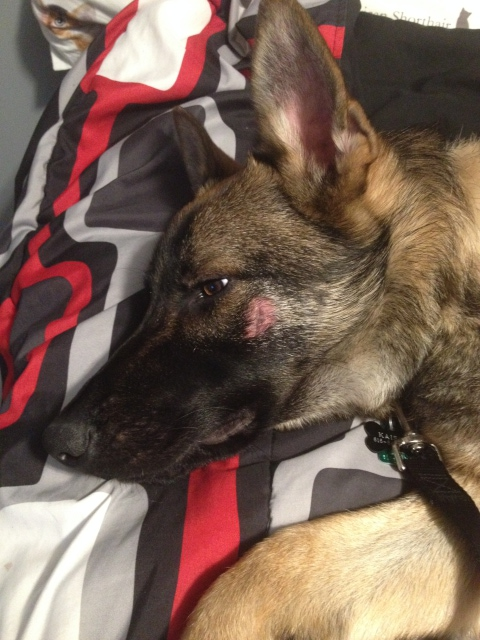 Dog Mange
Question
Mange Mange 2
Hello!
I have a qu
Dog Mange
Question
Mange Mange 2
Hello!
I have a qu
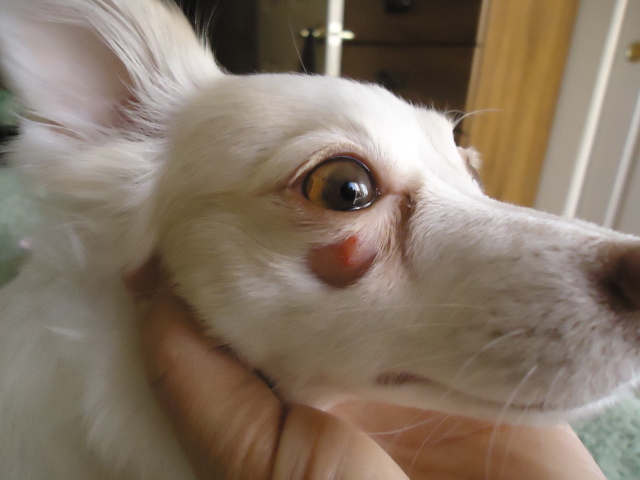 Worried
Question
eye
My long-hair chihuahua (1.5yr old) has had
Worried
Question
eye
My long-hair chihuahua (1.5yr old) has had
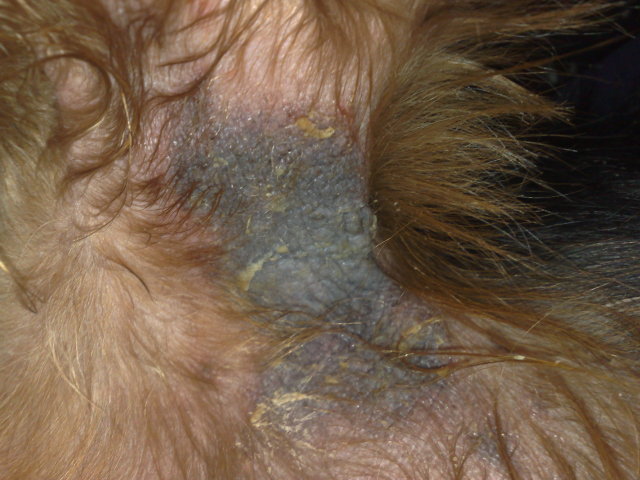 My yorkie has a skin problem
Question
my yorkie
I was wondering if you can help me i
My yorkie has a skin problem
Question
my yorkie
I was wondering if you can help me i
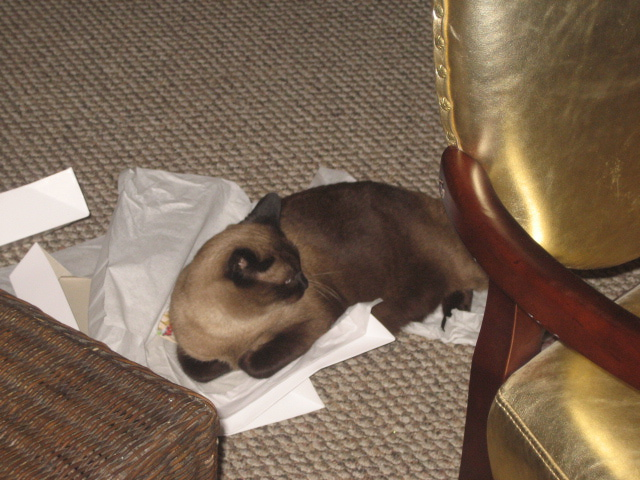 Cat Urinating
Question
Sealey
So my grandma just moved in two
Cat Urinating
Question
Sealey
So my grandma just moved in two
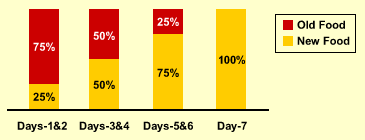 Dry food vs wet food vs raw food..help?!
QuestionHi Ms. Connell,
I have a 5 y-o, neutered, ind
Dry food vs wet food vs raw food..help?!
QuestionHi Ms. Connell,
I have a 5 y-o, neutered, ind